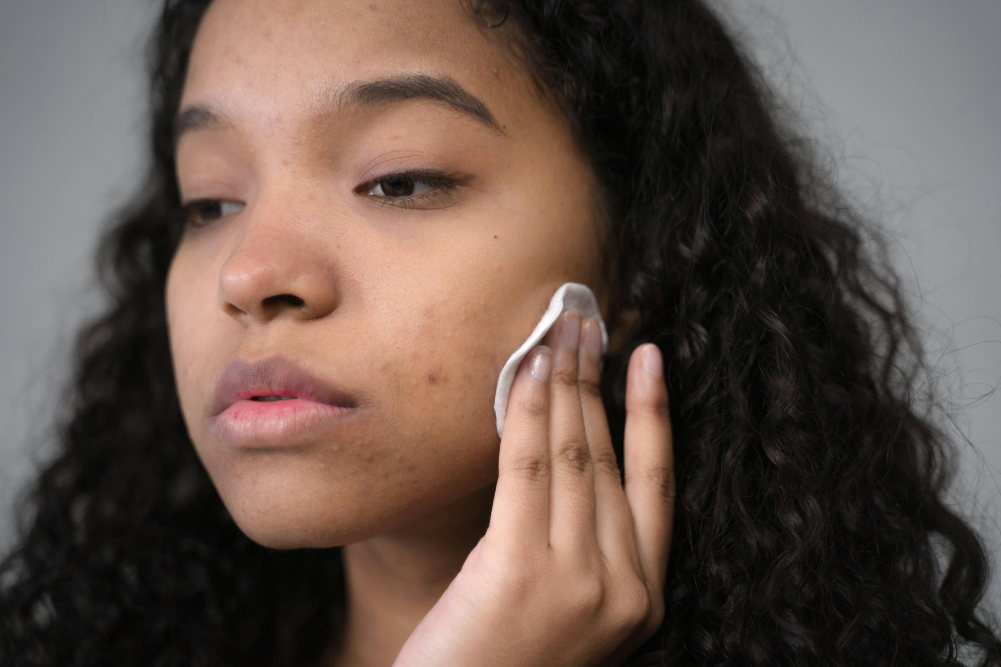Autism and the gut
It is estimated that one in 100 people have an autism spectrum disorder (ASD). The word “spectrum†is used because there is a range of difficulties that people with ASD may experience and there is a variety of degrees to which they may be affected. Essentially ASD is life-long and affects the way an individual relates to his or her environment and their interaction with other people. A new study has reinforced the growing conviction that in children with and ASD there is a strong link to the health of the gut.
The new study from Arizona State University involved analysis of foecal samples taken from children with ASD and comparing them to samples taken from children without ASD.
Since this analysis was able to determine bacteria species present in the gut it was firstly revealed that kids with ASD have a different, and less diverse, bacterial flora than kids without ASD.
The researchers also examined 50 different compounds in the samples. These compounds were bacterial metabolites, meaning they are products of bacterial action. It was found that children with ASD had significantly different concentrations of seven of these compounds and a majority of them could play a role in the brain.
For example, children with ASD had lower levels of the metabolites homovanillate and N,N-dimethylglycine. Homovanillate is a breakdown product of dopamine, an important neurotransmitter, and N,N-dimethylglycine is a building block for neurotransmitters that has been used to treat both ASD and epilepsy.
In children with ASD it was also found that the glutamine to glutamate ratio was significantly higher than in other children. Both glutamine and glutamate are metabolised to gamma-aminobutyric acid (GABA) an inhibitory neurotransmitter. An imbalance in GABA and glutamate levels has been linked to hyper-excitation in ASD.
The researchers say that this suggests that altered gut bacteria and a consequent impact of bacterial metabolites on brain chemistry in the form of neurotransmitters plays a role in ASD. The researchers say there is evidence of a “cross-talk†between gut bacteria and ASD which offers potential treatment options in the future.







